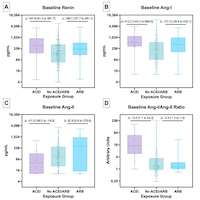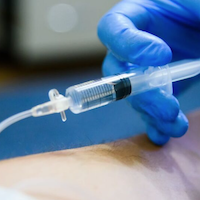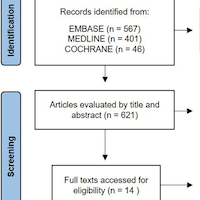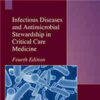Low Technology, Mild Controlled Hypothermia for Necrotizing Enterocolitis Treatment
link.springer.com
Low technology, mild controlled hypothermia was feasible, not related to adverse effects, and effective treatment for NEC Modified Bell’s Stage II/III. It avoided surgery, bowel perforation, and extensive intestinal resection; reduced mortality; and shortened parenteral nutrition duration.
Necrotizing enterocolitis (NEC) treatment remains unchanged for years. Data suggest that mild controlled hypothermia could potentially improve NEC outcomes. Our units presented unfavourable outcomes on NEC. The aim was to assess our experience with low technology, mild controlled hypothermia on NEC outcomes, and improve preterm infants’ healthcare.
This was a single-center quality improvement study with retrospective cohort design at the neonatal intensive care unit in the university hospital. Forty-three preterm infants with NEC (Modified Bell’s Stage II/III) were included: 19 in the control group (2015–2018) and 24 in the hypothermia group (2018–2020).
The control group received standard treatment (fasting, abdominal decompression, and broad-spectrum antibiotics).
The hypothermia group underwent cooling to 35.5 °C for 48 h after NEC diagnosis, along with conventional treatment.



















